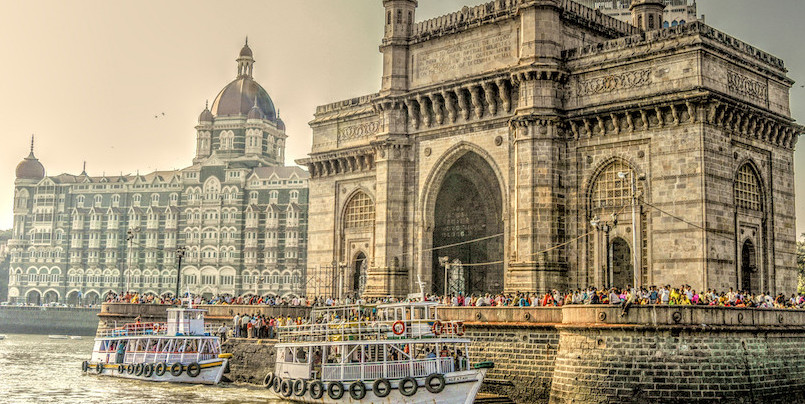Pankaj Mishra at Literary Hub:

The Immortals is one of the most mesmerizing novels I have read. It is also, for that reason, one of the most mysterious books I know. Set in a highly specific time and place—Bombay in the 1980s—and seemingly faithful to the conventions of realist prose-narrative, its overall impact, however, is auditory, quite like that of the tanpura, the instrument crucial to North Indian classical music: the sound, as Chaudhuri writes, “shocked you every time you heard it,” “its four strings combining to create not only a single vibration, but a world” and, furthermore, “a world without time.”
I must have read the novel six or seven times since its publication in 2009. But the sum of readings does not exhaust its fascination, or its mystery. On my first reading, the book touched me as only the memory of something personally experienced can: the growth and deepening of a young man’s sensibility in late twentieth-century India, his quickening awareness of himself as a simultaneously free and elusive consciousness.
More here.
